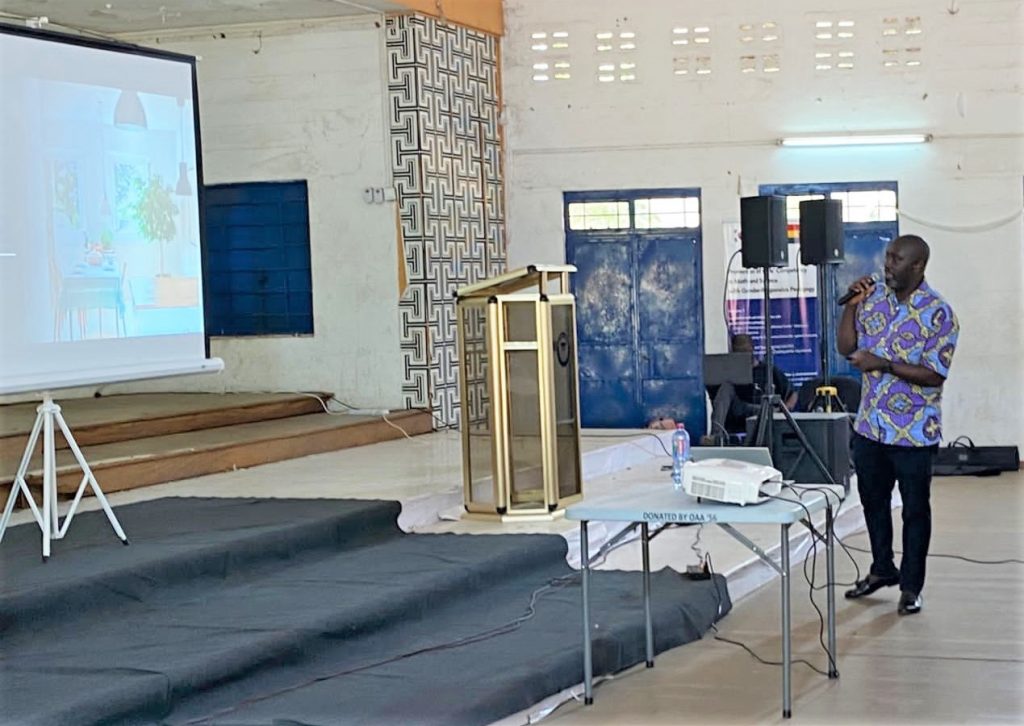By Kodjo Adams
Accra, March 15, GNA – Focal Persons for the Korea International Cooperation Agency (KOICA) Girls Science, Technology, Engineering, and Mathematics (STEM) Project say the initiative has developed the interest of students in the study of mathematics and science courses.
They say the project also improved teachers’ competency in the teaching of mathematics and science and made the subjects more activity-based and learner-centred.
Speaking at the annual review meeting for the girls’ STEM project in Accra on Wednesday, Mr Frank Ayisi, Focal Person, Upper Manya Krobo, said the project had exposed teachers to new methods of teaching, which would improve learning outcomes.
He said the project had helped the students better learn mathematics and science through practical approaches.
KOICA has supported Ghana with an amount of US$ 8,000,000.00 for the “Promoting Girls’ Competency in Mathematics and Science with Gender-Responsive Pedagogy Project”.
The four-year project is being implemented by the Ghana Education Service (GES) and targeted at selected Junior High Schools (JHS) in 10 Districts in the Eastern and Central Regions of the country.
The aim of the project is to improve mathematics and science education and mentorship for JHS girls in Ghana’s public schools. It also seeks to better the academic performance and transition rates of girls in selected districts.

Mr Peter Duah, Focal Person, Birim Central said the project had helped the district to educate the community on the importance of STEM.
“The experience, the exposure, the creativity, and the confidence level of the students, especially the girls, have been phenomenal,” he said.
He said under the project, a total of 168 GES staff were trained to build their capacities in teaching and learning skills, explaining that teachers now felt motivated to deliver effectively in the classrooms.
Mr Prince Charles Agyemang-Duah, Director of Schools and Instructions Division, at the GES said, STEM education had become a vehicle for economic development and global competitiveness.
He said STEM education was seen as a teaching approach that integrated concepts often taught at different grades or levels with the view of finding solutions to real-life situations through project-based learning methods.
Mr Sungjin Kim, Project Manager, KOICA Ghana, said the agency had consistently demonstrated support for strengthening Ghana’s education sector by expanding opportunities for improved basic and tertiary education as well as technical and vocational education and training.
GNA